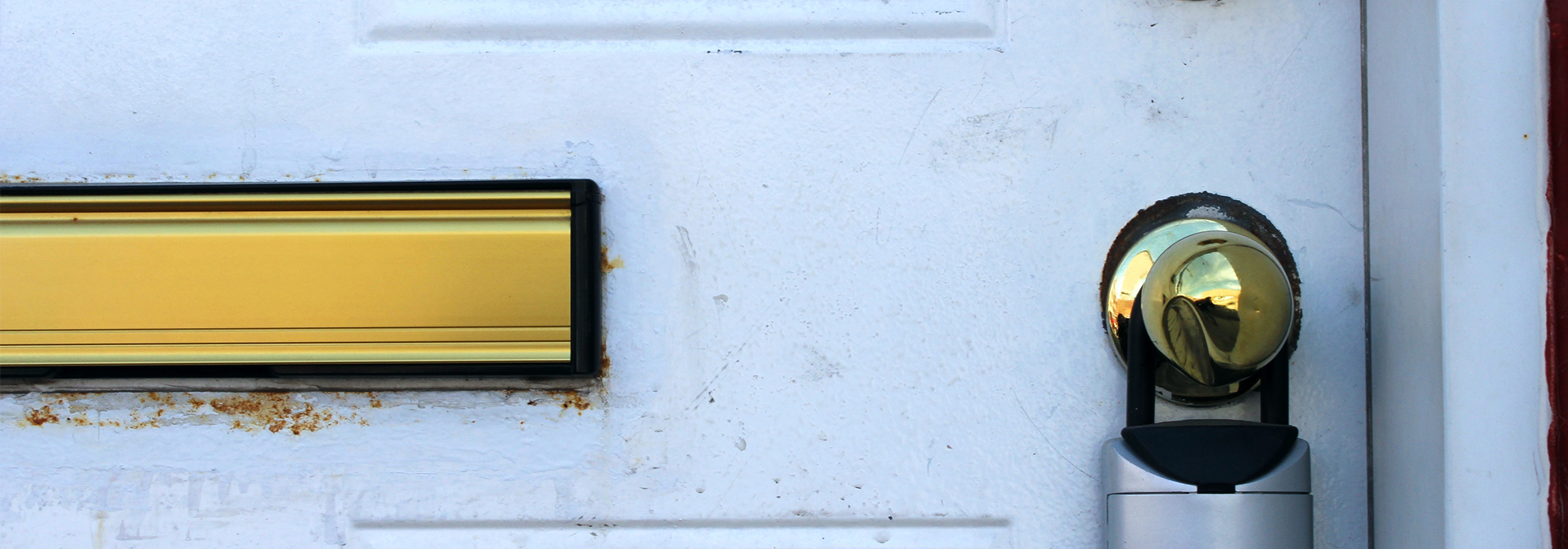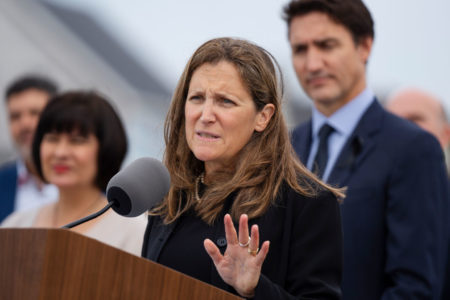
Give the Auditor General’s (AG) spring report credit for exposing a problem that is costing us hundreds of millions in lost tax revenue. But it didn’t take much forensic work to dig up the issue. In fact, you don’t have to read too deeply between the lines of the report to figure out that the bureaucrats at Finance Canada and the Canada Revenue Agency (CRA) have welcomed the audit and its findings. The issue is the government’s failure to modernize its tax system to deal with the realities of a digital economy.
Before the AG set foot in CRA headquarters, our national tax collector had already identified in its internal reports the leakage of revenue in cyberspace as a significant risk factor. The AG was also welcomed at Finance Canada and was handed an analysis by our tax policy experts that determined that federal tax policies have not only left business activity untaxed but have caused competitive harm to Canadian employers.
The AG investigation found that CRA is effectively powerless to tackle digital giants that operate without a substantial physical presence in Canada because our tax laws are hopelessly out-of-date.
A key conclusion of Finance Canada’s analysis is that our tax policies favour digital companies that routinely take money from millions of Canadians but have not so much as set foot in Canada. Current policies perversely encourage Canadians companies to relocate offshore to enjoy the same tax advantage we give to companies like Airbnb that don’t charge sales tax or pay income taxes on their profits.
It’s not that companies like Airbnb, Uber and Netflix are operating underground. These companies have been legally stiffing the federal treasury in plain sight from their inception. The problem has grown exponentially over time.
The current policy laughably commands that Canadians who consume digital services “self-assess” and remit sales tax if the amount owing exceeds $2. While two-thirds of adults in Canada purchased digital products, after some sleuthing the AG found that in 2017-18 only 524 Canadians who used these services bothered to complete the necessary forms and pay the sales tax. Only one other OECD country expects consumers to voluntarily declare and pay taxes on digital services.
Finance Canada has claimed that efforts to update its tax policies are constrained by international tax treaties that were signed when no one conceived of digital companies that could function in a country without having a physical presence.
But the AG discovered that most OECD countries have ended or are putting an end to the digital industry’s tax holiday. Our federal finance minister could also look closer to home and follow Quebec and British Columbia, which have acted to fix gaping holes in our digital tax system by requiring foreign companies doing business within their borders to collect and remit provincial sales tax.
As Scott Brison, the former president of the Treasury Board and minister of Digital Government once said, you can’t be a Blockbuster government serving a Netflix citizenry.
Without effective laws to work with, CRA can only stand by and watch foreign digital players conduct business on a tax-free basis.
So why has the federal government fallen so far behind? When Netflix and Airbnb emerged, first Conservatives and then Liberals promised not to tax digital services. No politician likes increasing taxes, so it will take courage to make a change even though it’s clearly the right thing to do in this circumstance.
Without effective laws to work with, CRA can only stand by and watch foreign digital players conduct business on a tax-free basis. When it comes to Airbnb and other accommodation services, CRA has had to take a hands-off approach. Despite many commercial enterprises operating ghost hotels on the “home-sharing” platform, CRA has not targeted the sector with any compliance activities. It could identify the audits of only four property management companies conducted over the past year.
The AG found more than 30 jurisdictions that received third-party data that would help monitor digital economic activity such as commercial businesses operating on the Airbnb platform. Other countries mine data from home-sharing companies to ensure the proper reporting of income. Yet CRA claims it has limited authority to collect data from third parties such as banks and payment processing companies. An easy and obvious fix would be to pass a federal law that requires Airbnb and its competitors to issue tax information slips to CRA, as is done in other jurisdictions.
The Province of British Columbia didn’t pass a law to get information from digital businesses: they simply signed an information sharing agreement. CRA told the AG that it did not have the legislative authority to enter into such agreements.
Without saying it, officials from Finance Canada, CRA and the Auditor General are all saying the same thing. They want politicians to pass the laws that are required to properly and fairly collect tax on digital commercial activity. We at least deserve a tax system that does no harm to Canadian employers who are competing against international businesses that operate outside our tax system.
There is an election this year, which is perhaps the right moment to debate which side of the issue our political parties are on. There is a simple fix to this problem that only takes courage and leadership to implement.
Photo: Shutterstock by Catherine Zibo
Do you have something to say about the article you just read? Be part of the Policy Options discussion, and send in your own submission. Here is a link on how to do it. | Souhaitez-vous réagir à cet article ? Joignez-vous aux débats d’Options politiques et soumettez-nous votre texte en suivant ces directives.









